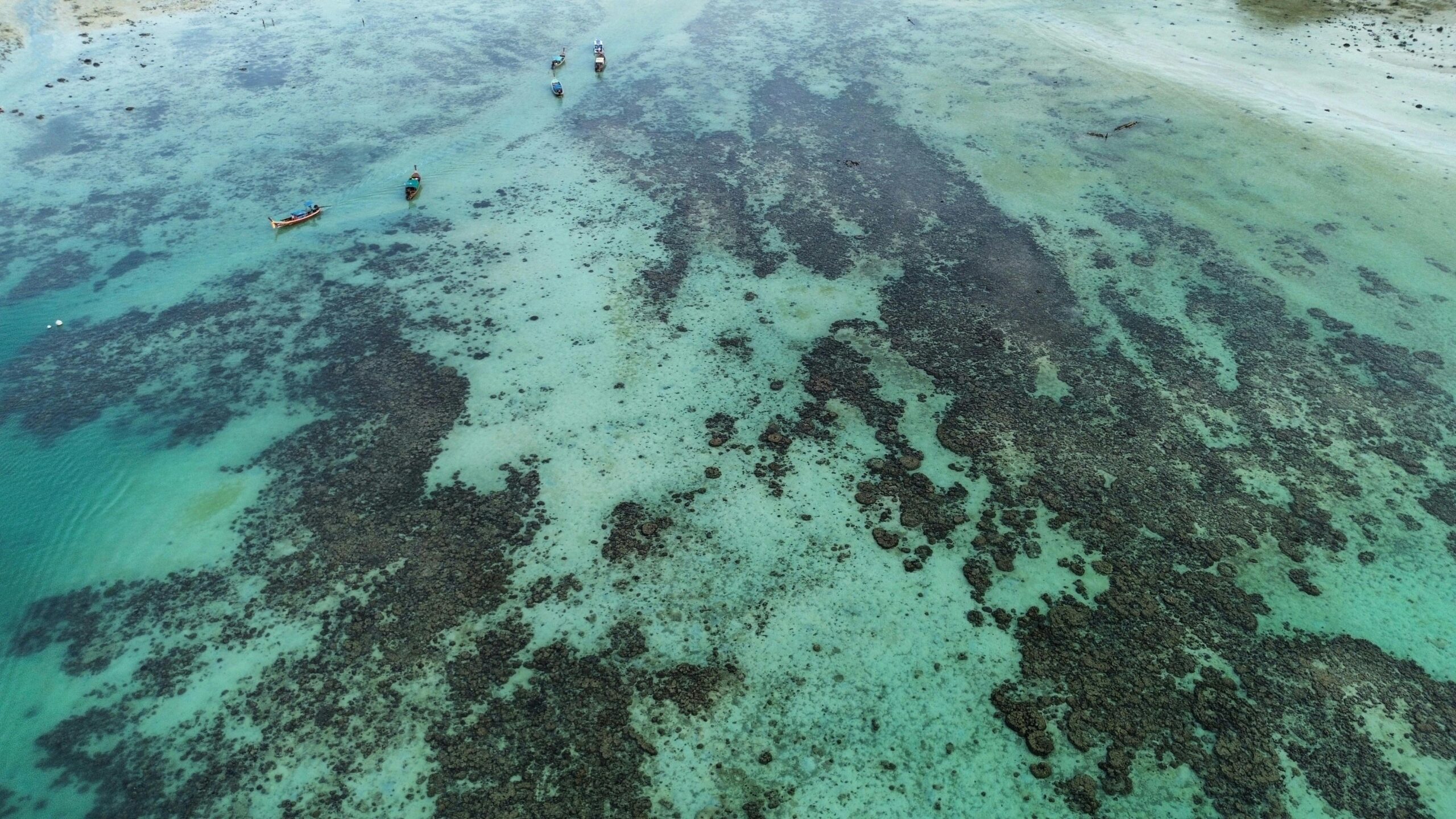Discovering the Similan Islands: A Tropical Paradise
Nestled in the Andaman Sea off the coast of Thailand’s Phang Nga Province, the Similan Islands are a breathtaking archipelago renowned for their pristine beauty and vibrant marine ecosystems. Designated a national park in 1982, this cluster of eleven islands—whose name derives from the Malay word “sembilan” (nine)—has become a magnet for adventurers, divers, and nature enthusiasts. With powdery white beaches, ancient granite boulders, and crystal-clear waters teeming with life, the islands offer a sanctuary for both terrestrial and aquatic biodiversity. However, their fragile ecosystems face threats from climate change and tourism pressures. This article delves into the islands’ unique geography, ecological significance, conservation challenges, and the delicate balance between exploration and preservation.
A Geological and Ecological Marvel
The Similan Islands’ dramatic landscape was shaped over millions of years by tectonic activity, resulting in striking granite formations and underwater topography. Above sea level, lush rainforests host rare species like the Nicobar pigeon and the endemic Similan Island bush warbler. Below the waves, coral reefs thrive, with over 200 coral species and 1,000 marine species recorded. Sites like Elephant Head Rock and Anita’s Reef are famed for underwater pinnacles, swim-throughs, and encounters with manta rays, whale sharks, and leopard sharks. The islands’ nutrient-rich currents create a “marine highway,” attracting migratory species and fostering one of Southeast Asia’s most biodiverse marine habitats.
Diving into the Depths: A Global Hotspot
Ranked among the world’s top diving destinations, the Similans offer unparalleled underwater experiences. Key dive sites include:
- Richelieu Rock: A horseshoe-shaped pinnacle known for schooling barracudas and occasional whale sharks.
- Koh Bon: A haven for manta rays, especially during plankton blooms.
- East of Eden: A shallow reef bursting with colorful soft corals and reef fish.
Seasonal closures (May–October) protect marine life during monsoon storms, while dive operators adhere to strict eco-guidelines to minimize human impact.
Conservation at a Crossroads
Despite protective measures, the Similan Islands face escalating challenges. Coral bleaching, driven by rising sea temperatures, has damaged 30% of reefs since 2010. Over-tourism strains waste management systems, with up to 3,000 daily visitors in peak season. In response, authorities have capped visitor numbers, banned fishing, and enforced reef-safe sunscreen policies. NGOs like Save the Similan collaborate on reef restoration and education programs. Yet, balancing accessibility with sustainability remains contentious, as local economies rely heavily on tourism revenue.
Responsible Tourism: Tips for Visitors
To preserve the islands’ splendor, travelers must adopt mindful practices:
- Avoid touching corals or disturbing wildlife.
- Choose eco-certified tour operators.
- Pack reusable containers to reduce plastic waste.
- Respect restricted zones and seasonal closures.
By prioritizing conservation, visitors can ensure the Similans remain a sanctuary for generations to come.
Conclusion: A Fragile Legacy Worth Protecting
The Similan Islands embody the delicate interplay between natural wonder and human responsibility. From their geological origins to their role as a marine biodiversity hotspot, these islands are a testament to Earth’s beauty and fragility. While tourism offers economic opportunities, unchecked exploitation risks irreversible damage. Conservation efforts—from reef monitoring to visitor education—highlight the urgency of sustainable practices. As travelers, scientists, and policymakers collaborate, the Similans can continue to inspire awe while serving as a model for ecological stewardship. Whether diving into azure depths or hiking through rainforests, every visitor holds the power to protect this irreplaceable paradise.
